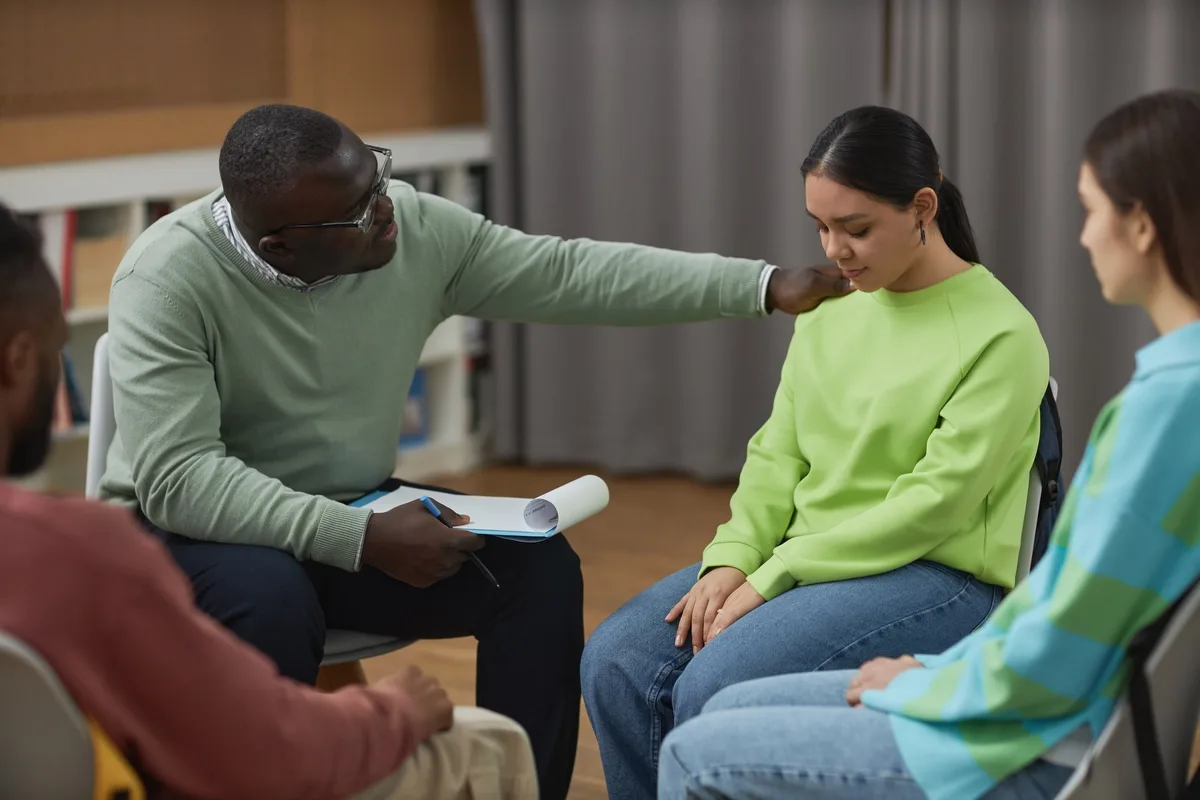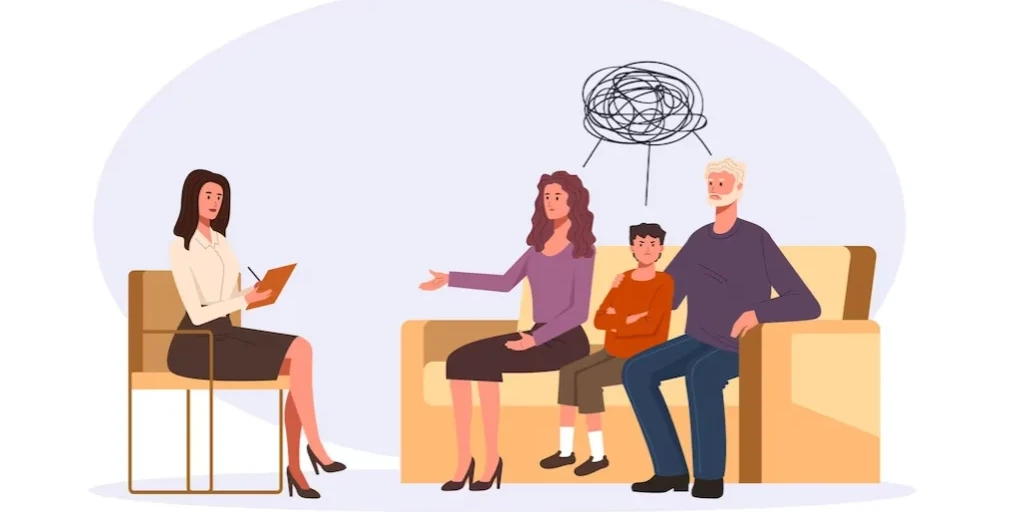24/7 Helpline:
(866) 899-221924/7 Helpline:
(866) 899-2219
Learn more about Intensive Outpatient Program centers in Miami-Dade County
Intensive Outpatient Program in Other Counties

Other Insurance Options

WellPoint

Evernorth

Ambetter

PHCS Network

GEHA

State Farm

Oxford

WellCare Health Plans

Sliding scale payment assistance

Optima

Kaiser Permanente

Lucent

UnitedHealth Group

UMR

Magellan

Excellus

Amerigroup

Ceridian

EmblemHealth

BlueShield

Jackson Community Mental Health
Jackson Community Mental Health is a public rehab located in Opa Locka, Florida. Jackson Community M...

Mount Sinai Medical – Behavioral Health
Mount Sinai Medical – Behavioral Health is a private rehab located in Miami Beach, Florida. Mount Si...

Douglas Gardens Mental Health Center
Douglas Gardens Mental Health Center offers outpatient and inpatient treatment for individuals with ...

Here’s Help – North Campus
Here's Help - Northwest 27th Avenue offers outpatient and inpatient treatment for individuals with a...

Citrus Health Network – Day Treatment
Citrus Health Network – Day Treatment is a private rehab located in Hialeah, Florida. Citrus Health ...

Homestead Behavioral Clinic
Homestead Behavioral Clinic is a private rehab located in Homestead, Florida. Homestead Behavioral C...

Northlake Behavioral Health System
Northlake Behavioral Health System is a private rehab located in Homestead, Florida. Northlake Behav...

South Beach Detox
South Beach Detox is a drug and alcohol detox center that provides detoxification services alongside...

Istana Jiwa
Istana is an ultra-private rehab and behavioural health retreat located on the islands of Ibiza, Bal...

New Hope Corps
Located in Homestead, Florida, is the New Corps substance abuse treatment center for opioid addictio...

Jackson Community Mental Health – Crisis Unit
Jackson Community Mental Health - Crisis Unit is a rehab facility located in Opa Locka, FL. Jackson ...

Douglas Gardens Mental Health Center
Douglas Gardens Mental Health Center - Northeast 125th Street offers outpatient treatment for indivi...

Golden Glades Treatment Center
The Golden Glades Treatment Center focuses on providing drug detox services for those seeking recove...

TCV Community Services – Steel Valley COG
TCV Community Services offers the following services: IDD Adult Training Facility and a Social Rehab...





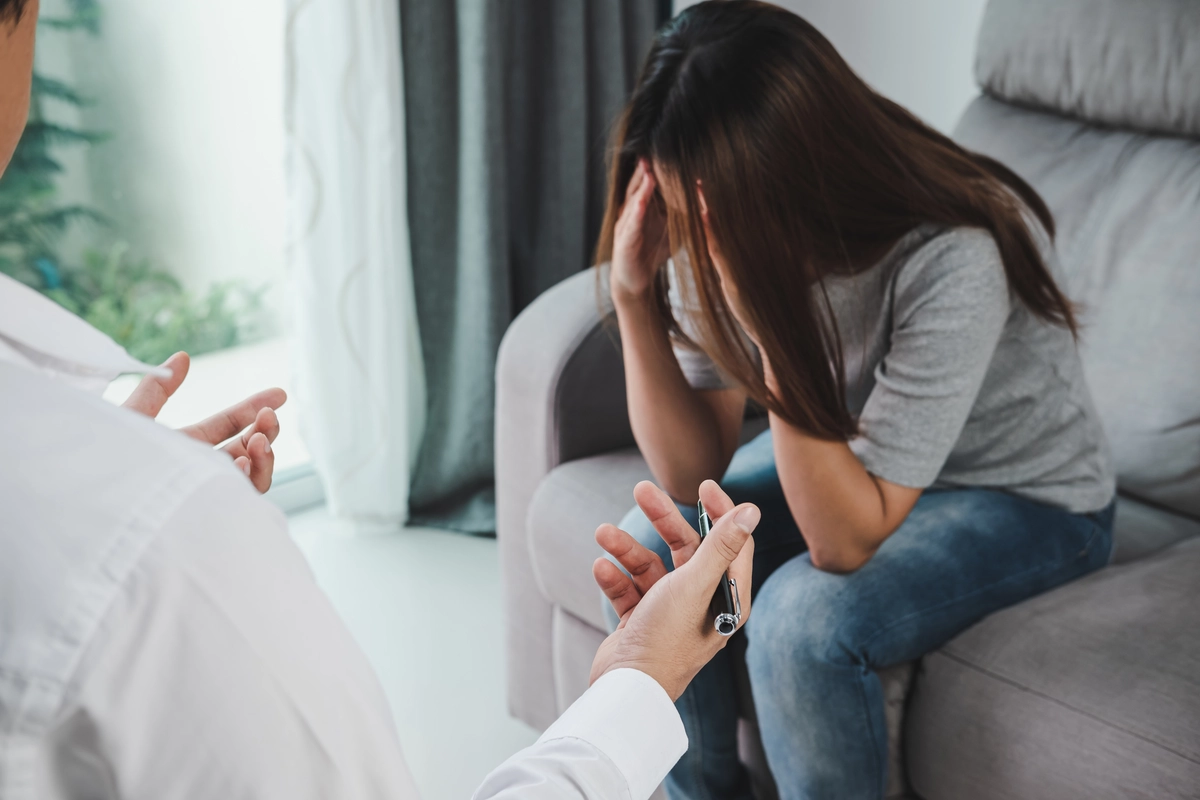






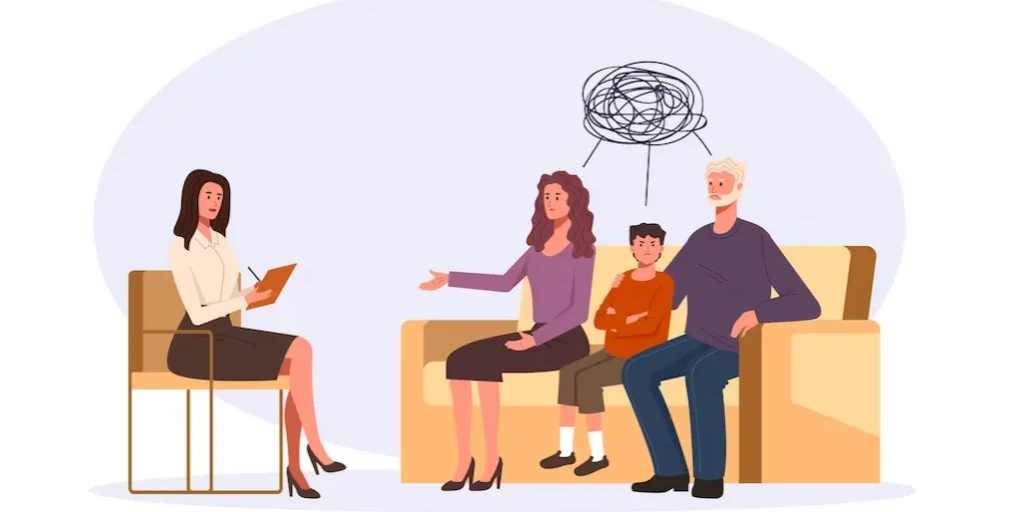

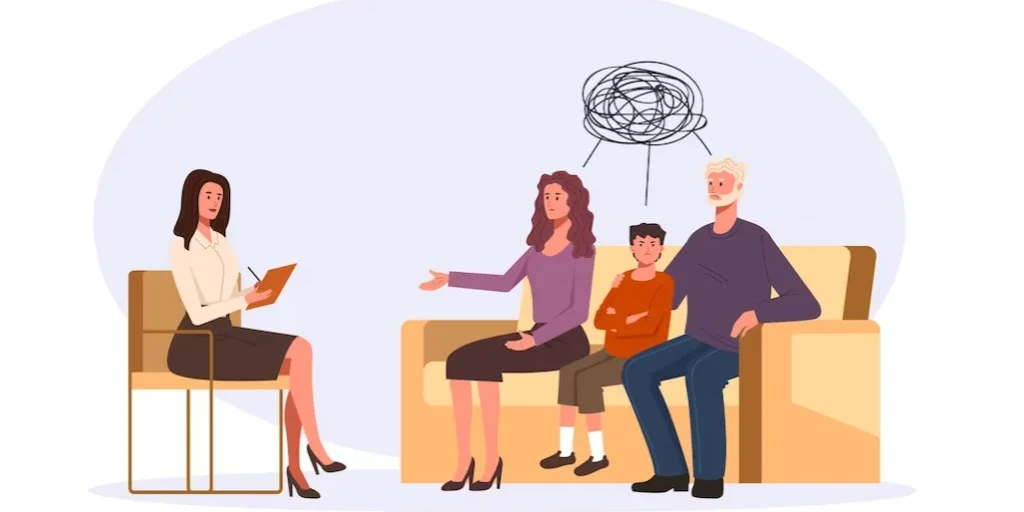



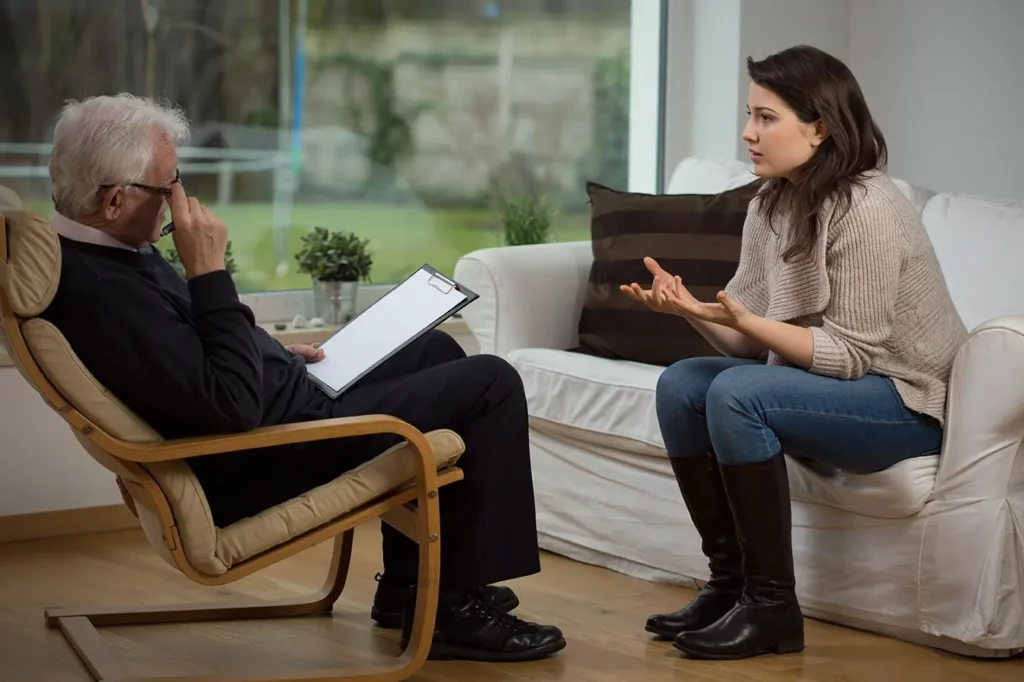




Miami Dade Rehab Services
Miami Dade Rehab Services is a public rehab located in Homestead, FL. Miami Dade Rehab Services spec...

Comprehensive Treatment Center
Comprehensive Treatment Center is a private rehab located in Hialeah, Florida. Comprehensive Treatme...

Best American Rehabilitation Center
Best American Rehabilitation Center is a private rehab located in Hialeah, Florida. Best American Re...

Golden Palms Residential Treatment
In Miami, Florida, the Golden Palms Residential Treatment (also called Douglas Gardens) center is a ...

Alpha House
Alpha House is a private rehab located in Miami Beach, Florida. Alpha House specializes in the treat...

Substance Abuse Control Center Family Services
Substance Abuse Control Center Family Services is a private rehab located in Hialeah, Florida. Subst...

Holistic Recovery Centers
Holistic Recovery Centers offers luxury inpatient/outpatient rehabilitation and treatment in Florida...

Assisting Relief and Rehabilitation Center
Assisting Relief and Rehabilitation Center is a private rehab located in Hialeah, Florida. Assisting...

Dade Family Counseling
Dade Family Counseling is a community-based rehab located in Opa Locka, FL. Dade Family Counseling s...

ALM Rehabilitation Center
ALM Rehabilitation Center is a private rehab located in Hialeah, Florida. ALM Rehabilitation Center ...

Citrus Health Network – Shaman Program
Citrus Health Network – Shaman Program is a private rehab located in Hialeah, Florida. Citrus Health...

Transitions Recovery Program
Transitions Recovery Program offers individuals struggling with drug and alcohol addiction a safe re...

ABC Total Rehabilitation Care
ABC Total Rehabilitation Care is a private rehab located in Hialeah, Florida. ABC Total Rehabilitati...

Rise Again Recovery and Wellness
Rise Again Recovery and Wellness is a private rehab located in North Miami Beach, Florida. Rise Agai...

Miami Beach Holistic Addiction Treatment Center
Miami Beach Holistic Addiction Treatment Center is an adult substance abuse and addiction treatment ...

Dade Family Counseling
Dade Family Counseling is a non-profit community-based rehab located in Hialeah, FL. Dade Family Cou...

SoberCoach
SoberCoach is a private rehab located in Miami Beach, Florida. SoberCoach specializes in the treatme...

Best Rehabilitation Center
Best Rehabilitation Center is a private rehab located in Hialeah, Florida. Best Rehabilitation Cente...

TCV Community Services
TCV Community Services offers the following services: a Partial Hospitalization Program, Community R...






